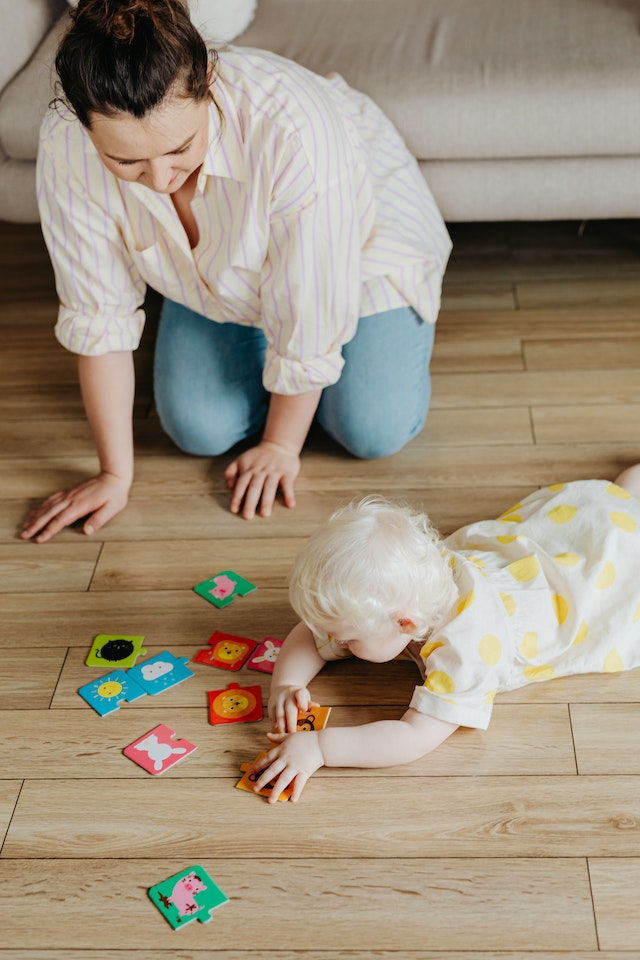In this article, we will explore how flashcards can be utilized to enhance children’s understanding of body parts and promote health concepts, fostering an enjoyable and effective learning experience.
Visual Learning with Flashcards:
Visual learning is particularly effective for young children, as they are highly receptive to visual stimuli.
Flashcards provide vivid and colorful representations of body parts and health concepts, capturing children’s attention and facilitating their understanding.
Visual cues help children make connections between the words and corresponding body parts, making the learning process more memorable and engaging.
Interactive Learning Experience:
Flashcards offer an interactive learning experience, allowing children to actively participate in the learning process.
Teachers can encourage students to touch and point to the body parts on the flashcards as they learn their names.
This hands-on approach promotes sensory exploration, fine motor skills development, and reinforces their understanding of body parts and health concepts.
Vocabulary Development:
Introducing flashcards that depict body parts and health concepts enables children to expand their vocabulary.
Teachers can introduce new words associated with body parts, such as “head,” “arms,” “legs,” “eyes,” and “ears.”
They can also introduce health-related terms like “healthy,” “exercise,” “nutrition,” and “hygiene.”
Repeating and reinforcing these words using flashcards helps children recognize and recall the vocabulary more effectively.
Promoting Language Skills:
Flashcards serve as a valuable tool for promoting language skills in young learners.
Teachers can use flashcards to facilitate discussions about body parts and health concepts, encouraging children to express their thoughts and engage in conversations.
This promotes language development, communication skills, and enhances their ability to describe and articulate information related to the human body and health.
Introducing Health Concepts:
Flashcards can also aid in introducing important health concepts to young children.
Teachers can include flashcards that depict healthy habits like washing hands, brushing teeth, eating nutritious food, and engaging in physical activities.
By associating these visuals with positive health behaviors, children can develop an understanding of the importance of taking care of their bodies and maintaining good health.
Memory Retention:
Flashcards are designed to facilitate repetition and reinforcement, which helps children retain information more effectively.
By incorporating regular flashcard activities into lessons, teachers can reinforce children’s knowledge of body parts and health concepts.
This repetition enhances memory retention and reinforces their understanding of the topic over time.
Playful Learning:
Engaging children in playful learning experiences is crucial for their motivation and enjoyment.
Flashcards can be used in various interactive games and activities, such as matching games, memory games, and role-playing.
These activities make the learning process fun, stimulating, and memorable, allowing children to explore body parts and health concepts in a playful and enjoyable way.
Conclusion:
Flashcards are a versatile and effective educational tool that can significantly contribute to children’s understanding of body parts and health concepts.
Through visual learning, interactive experiences, vocabulary development, language skills promotion, introduction of health concepts, memory retention, and playful learning, flashcards provide a dynamic and engaging learning experience for young children.
As a kindergarten teacher, incorporating flashcards into your lessons can enhance students’ comprehension and make learning about the human body and health an exciting adventure.
![]()











